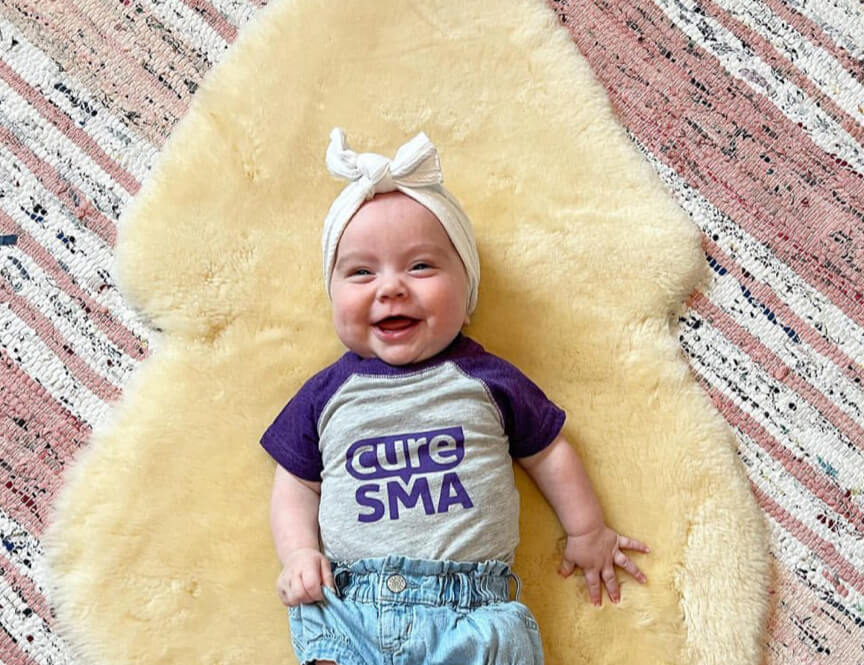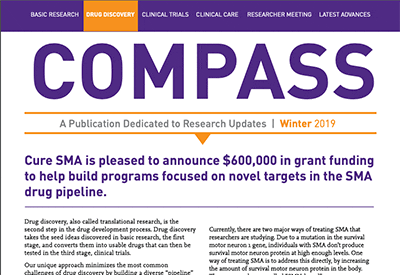Congress appears to be on the verge of passing The Achieving a Better Life Experience (ABLE) Act of 2013, a bipartisan bill that would establish tax-exempt accounts to assist individuals with disabilities and their families in saving private funds for the purpose of paying for a variety of qualified disability-related expenses.
The legislation has very strong bipartisan support in both the House and the Senate and could be taken up at any time. Please contact your representatives in both the House and Senate to urge them to support this incredibly important bill.
The ABLE accounts are modeled after the tax-exempt 529 higher-education tuition accounts that are popular with many families across the country. Like the 529 tuition accounts, an ABLE program would be established and maintained by a state government and ABLE accounts would have the same maximum annual contribution limits. The ABLE account funds could be used for qualified expenses which are made for the benefit of an individual with a disability who is a designated beneficiary of the account. Qualified expenses include:
- Education: Tuition for preschool thru higher education and expenses for books, supplies, educational materials, tutors, and special education services.
- Housing: Rent, purchase of a primary residence, mortgage payments, property taxes, and utility charges.
- Transportation: Mass transit, the purchase or modification of vehicles, and moving expenses.
- Employment Support: Job-related training, assistive technology, and personal assistance supports.
- Health, Prevention, and Wellness: Premiums for health insurance; mental health, medical, vision, and dental expenses; habilitation and rehabilitation services; durable medical equipment; therapy; respite care; long-term services and supports; nutritional management; communication services and devices; adaptive equipment; assistive technology; and personal assistance.
- Miscellaneous Expenses: Financial management and administrative services; legal fees; expenses for oversight; monitoring; home improvements, modifications, maintenance, and repairs at primary residence; and funeral or burial expenses.
- Assistive Technology and Personal Support Services.
Medicaid Payback Provision:
In the event the qualified beneficiary dies (or ceases to be an individual with a disability) with remaining assets in an ABLE account:
- The assets in the ABLE Account are first distributed to any State Medicaid plan that provided medical assistance to the designated beneficiary.
- The amount of any such Medicaid payback is calculated based on amounts paid by Medicaid after the creation of the ABLE Account.



